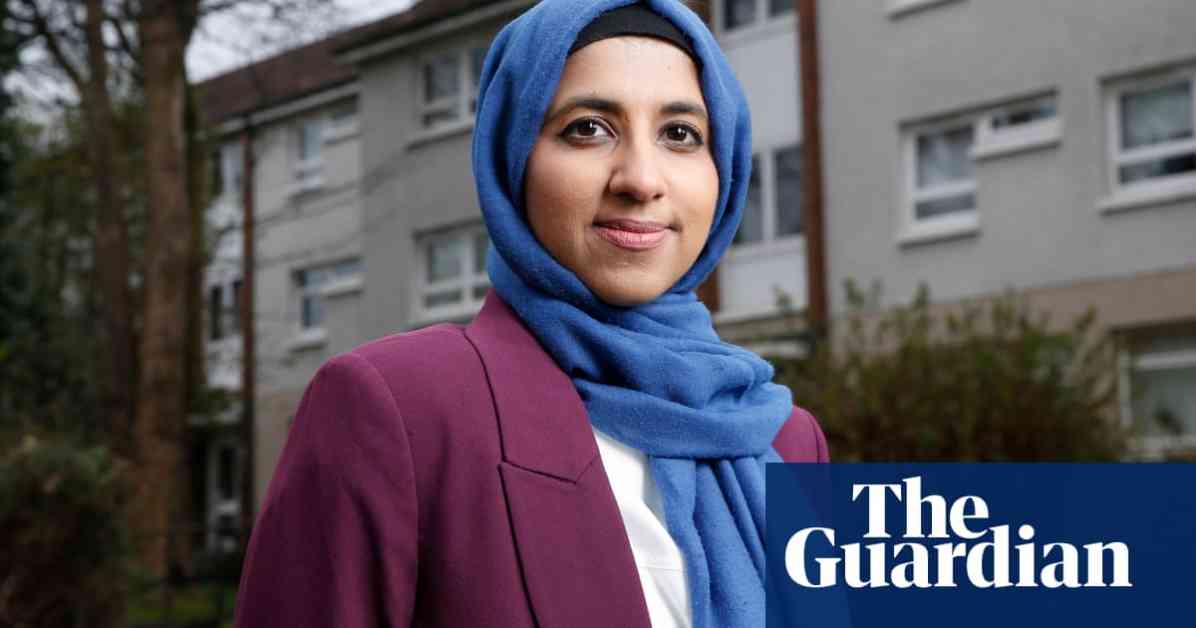Government’s Lack of Contact During UK Riots Criticized by MCB Head
The head of the Muslim Council of Britain, Zara Mohammed, has raised concerns over the government’s policy of non-engagement with the organization during the UK riots. Despite her repeated appeals for contact, the government failed to respond, leaving the MCB feeling neglected and marginalized during a time of crisis.
History of Engagement and Disengagement
Zara Mohammed, who became the MCB’s youngest and first female secretary general more than three years ago, highlighted the organization’s previous engagement with the Labour party’s shadow cabinet. She mentioned a meeting in 2021 with Keir Starmer, where the importance of engaging with Muslim communities was discussed. However, following the change in government, Downing Street ignored attempts to address the safety concerns of Muslim individuals and mosques during the riots.
The lack of communication from the government was particularly alarming to Mohammed, especially as other political figures, such as Northern Ireland’s first minister and senior police officers, were willing to engage with the MCB. Despite the organization’s efforts to reach out to the government, their appeals fell on deaf ears, leading to frustration and disappointment within the Muslim community.
The Conservative government’s policy of non-engagement with the MCB was reaffirmed by Labour communities minister Alex Norris, who stated that there were no plans for ministers to meet with the organization. The reasons cited for this approach included past disagreements over fundamental values and the MCB’s alleged failure to retract controversial statements made by previous leaders.
Challenges and Opportunities for Engagement
While the government’s stance on engaging with the MCB remains unchanged, there are indications that a review of this policy is being considered. Deputy Prime Minister Angela Rayner recently announced that the government is actively exploring ways to address Islamophobia and improve relations with Muslim communities.
Zara Mohammed expressed optimism that the government would reconsider its position and engage in meaningful dialogue with the MCB. She emphasized the importance of national bodies like the MCB in representing the interests of diverse Muslim communities across the UK. Despite the challenges faced by the organization in terms of government engagement, Mohammed believes that constructive conversations can lead to positive outcomes for all parties involved.
In response to criticisms about its lack of engagement, a spokesperson for the Ministry of Housing, Communities, and Local Government stated that the government regularly interacts with faith communities. However, the MCB’s concerns about being excluded from important discussions and decision-making processes remain unresolved.
Looking Ahead: Building Bridges and Fostering Dialogue
As Zara Mohammed prepares to step down from her role as MCB leader, she hopes that the government will reevaluate its approach to engaging with the organization. She stressed the need for clear communication and collaboration to address pressing issues facing Muslim communities in the UK.
Ultimately, the MCB serves as a vital platform for representing the diverse voices and perspectives within the Muslim community. By fostering open dialogue and meaningful engagement with national bodies like the MCB, the government can work towards building stronger relationships and promoting inclusivity across all faith communities in the country.
In conclusion, the government’s lack of contact during the UK riots has raised important questions about the importance of engaging with diverse communities during times of crisis. As the MCB continues to advocate for greater recognition and representation, it is essential for policymakers to prioritize dialogue and collaboration with organizations that play a crucial role in shaping the social fabric of the nation.












